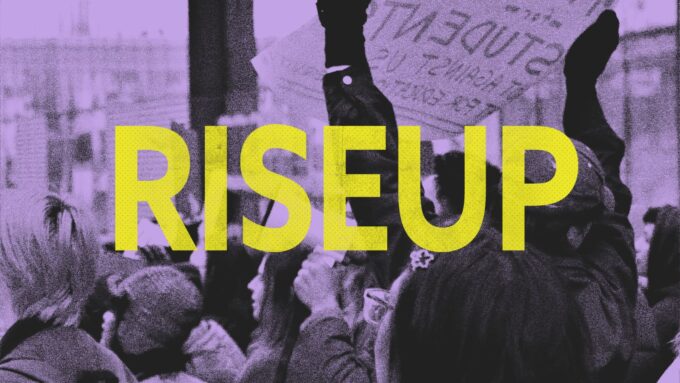Paying More than Their Fair Share
The disparity between fees paid by international and domestic students is huge: while international students make up approximately 20% of overall enrolment in BC universities, their fees make up 48% of tuition fee revenues.
International students pay more tuition fees than all domestic students combined at ten of the twelve BC institutions we reviewed. At 3 of the 12 universities looked at, tuition fees (domestic and international) made up more of the institution’s revenue than the operating grant provided by the province.
The Economic Benefit of International Students in Canada
Regulating international student fees is not just about keeping education affordable for all students, but also about recognizing the richness international students bring to our campuses and surrounding communities.
These students pay vast sums into the local economies across BC on such staples as housing, food, transportation, and entertainment. Fairness and predictability for international students is necessary to ensure BC remains a desirable destination to study for students from around the world and to create equity for all learners studying in the province.
RISE UP AGAINST STUDENT DEBT:
Students are not only struggling to pay their tuition fees but are also facing huge challenges finding affordable housing and covering the costs of groceries, gas and other costs associated with day-to-day life. The 2023 BC budget introduced the doubling of student loan maximums and increased the income level required for repayment to begin, but allowing a student to take on more debt is not a solution to the ongoing affordability crisis students are facing.
Saddling students with more and more debt is having lasting negative impacts on our communities and province. Graduates are being held back by their student debt; they are struggling to relocate for work opportunities, purchase a home or other large items like a car, and are delaying major life events like starting a family.
The BC government must act now by lowering tuition fees and providing more funding to the BC Access Grant to ensure post-secondary remains accessible to those from low- and middle-income backgrounds.
Student Debt in Canada is Growing
Student loan debt is a huge problem in Canada; nearly half of all students graduate university in debt. As of July 2022, the total amount of student loan debt owed to the federal government, by more than 1.9 million Canadians, was $23.5 billion – which only increases further when you include provincial loans and private debt. The average student is graduating with almost $29,000 in debt.
As education costs have increased far beyond inflation and as real incomes have declined, more and more students require financial assistance, and student debt has ballooned to now historic highs.




